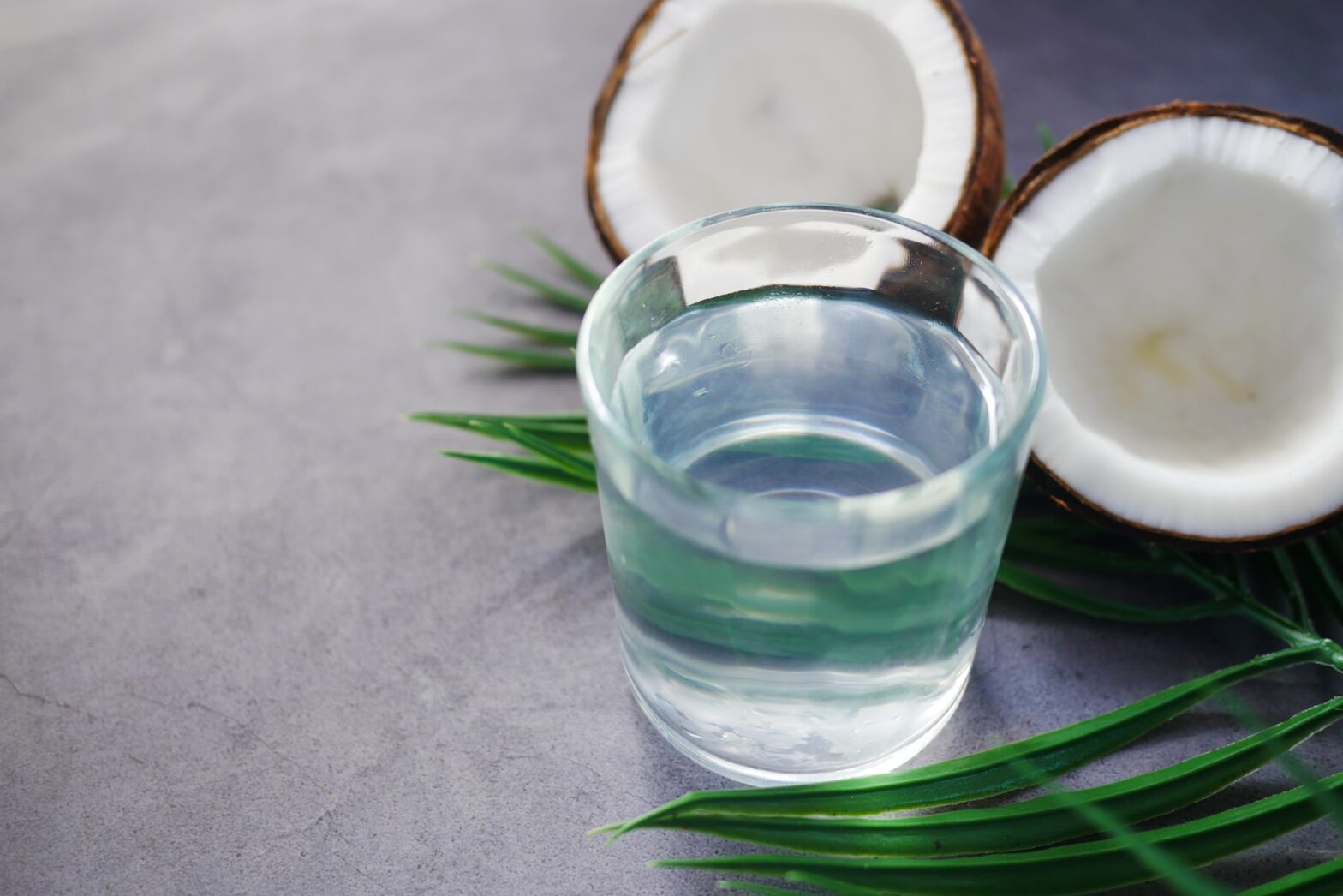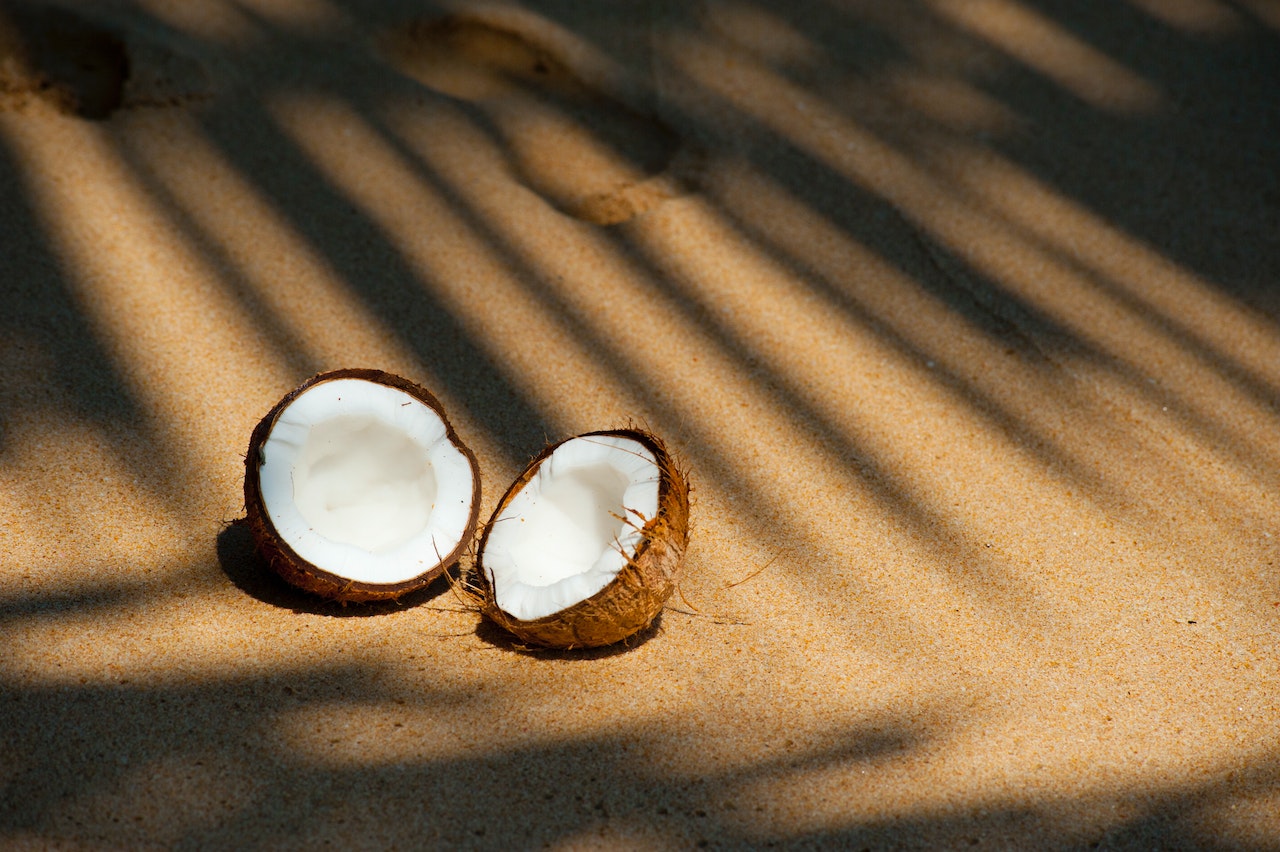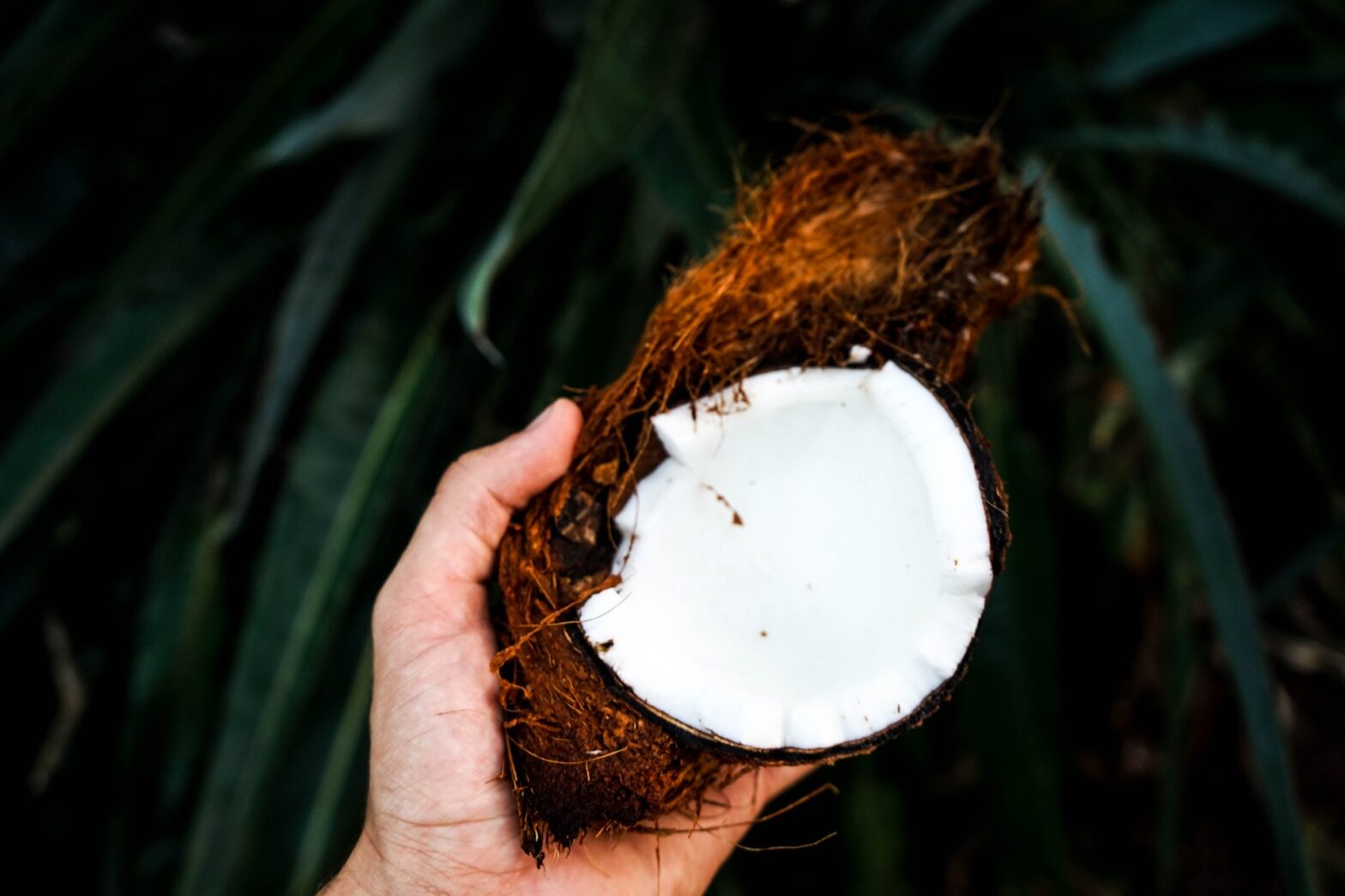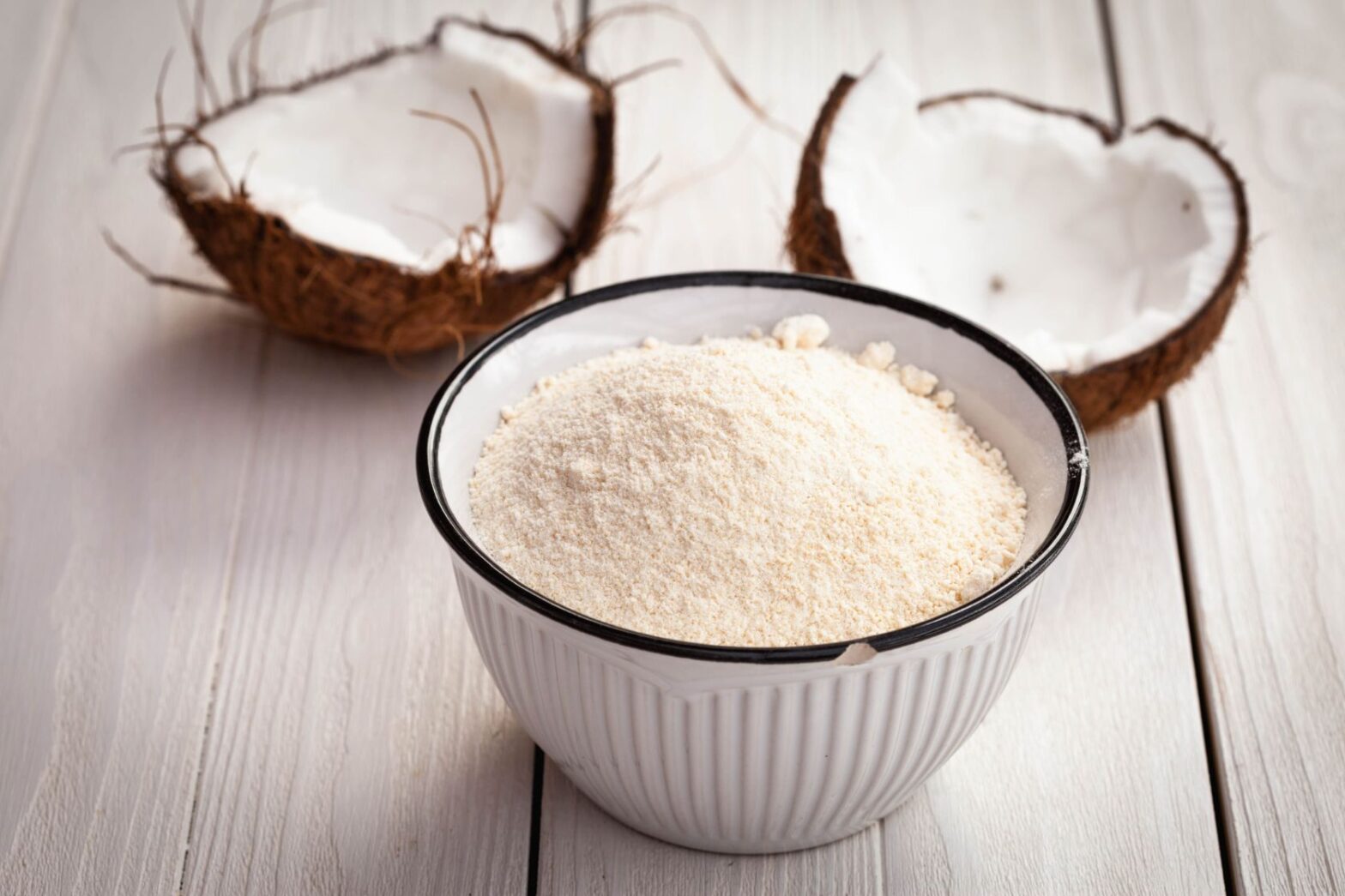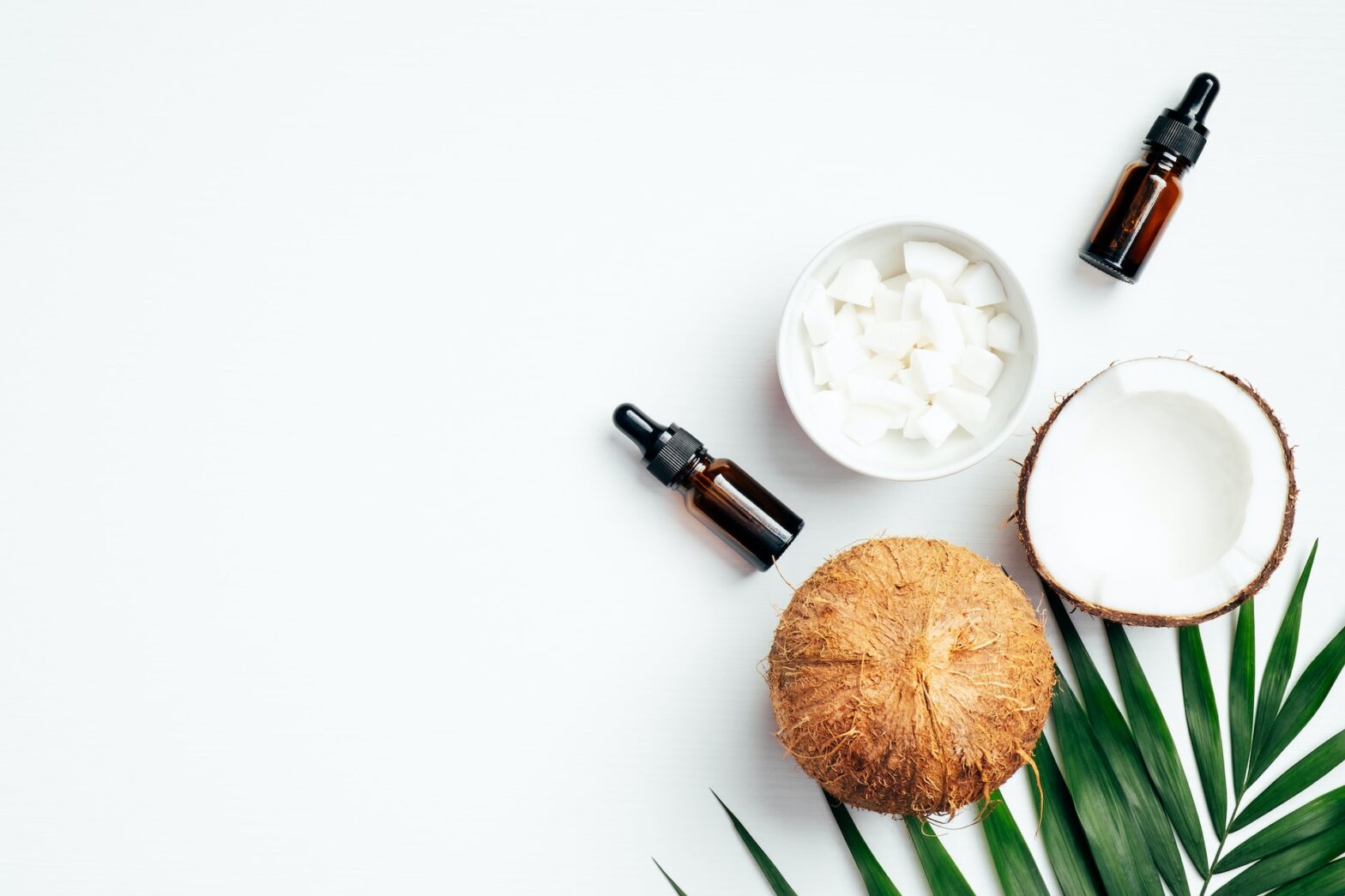As the contemporary world embraces a health and wellness-oriented approach, pursuing refreshingly natural, nutrient-dense, and sustainable beverages remains paramount. Ceylon Exports & Trading, a pioneering coconut processing facility in the heart of Sri Lanka’s esteemed coconut triangle, is committed to producing exceptional quality, fresh coconut water sourced from the finest local coconuts. By harnessing the tropical island’s rich coconut heritage, Ceylon Exports & Trading’s coconut water is poised to quench your thirst while uplifting your wellness and culinary journey.
Coconut water is revered for its wealth of health benefits, supported by its excellent composition of electrolytes, vitamins, and minerals. These nutrients work collectively to provide superior hydration, optimal heart and kidney health, and an energy-boosting alternative to sugary or caffeinated beverages. Its natural sweetness and hydrating properties make coconut water an ideal drink to incorporate into delectable recipes with a healthy edge.
In this comprehensive blog post, we will unravel the extensive health benefits of drinking coconut water, present a collection of trendsetting recipes featuring coconut water to quench the most discerning palates, and shed light on the latest PR developments and industry trends surrounding coconut water.
Reaping the Health Benefits of Coconut Water: A Nutrient-Dense Elixir
Coconut water offers a multitude of impressive health advantages, with its nutrient-rich composition at the heart of its distinct appeal:
- Superior Hydration: Rich in electrolytes, including potassium, sodium, and magnesium, coconut water replenishes lost fluids and ensures optimal hydration, making it an excellent alternative to artificial sports drinks.
- Heart Health and Blood Pressure Regulation: The high potassium content in coconut water contributes to improved blood pressure regulation and enhanced cardiovascular health, combating the risk of heart disease.
- Enhanced Kidney Function: Coconut water’s diuretic properties help flush out toxins and waste products from the body, promoting improved kidney function and overall bodily detoxification.
Unleashing the Culinary Potential of Coconut Water: A Refreshing Addition to the Kitchen
The natural sweetness and hydrating qualities of coconut water make it a versatile culinary ingredient, suitable for a plethora of refreshing recipes:
- Innovative Beverages: Utilise coconut water as a base for revitalising smoothies, iced teas, and cocktails, adding natural sweetness and hydration to your favourite concoctions.
- Exquisite Marinades and Braising Liquids: Incorporate coconut water into marinades or braising liquids for a subtle tropical note, imparting moisture and tenderness to your choice of proteins and vegetables.
- Inventive Frozen Treats: Use coconut water as a base for refreshing frozen treats, such as ice lollies or granitas, providing a guilt-free, rejuvenating dessert option.
Exploring Coconut Water Recipe Creations: A Culinary Reawakening
Unlock the delightful culinary applications of coconut water with this inspiring collection of innovative and health-focused recipes:
- Energising Coconut Water Smoothie: Blend together coconut water, mixed berries and leafy greens for a vibrant, nutrient-dense smoothie ideal for kick-starting your day.
- Coconut Water and Ginger Iced Tea: Infuse coconut water with ginger, lemon, and honey for a revitalising homemade iced tea boasting natural sweetness and a rejuvenating zest.
- Tropical Coconut Water Curry: Simmer a medley of seasonal vegetables in a fragrant coconut water-based curry sauce, delivering a tantalising balance of sweet, spicy, and aromatic flavours.
- Coconut Water Chia Pudding: Combine coconut water, chia seeds, and your choice of fruit for a satisfying, nutrient-rich pudding, perfect for breakfast or a wholesome snack.
Industry Trends and PR Milestones for Coconut Water: Riding the Wellness Wave
The outstanding health benefits, culinary versatility, and sustainable credentials of coconut water have ushered in a series of crucial industry developments and PR achievements:
- Comprehensive Market Growth: Riding the global wellness trend, the coconut water market has witnessed significant growth, fuelled by increased consumer awareness and an unwavering demand for healthier beverage alternatives.
- Celebrity Endorsements: High-profile personalities and wellness influencers have elevated the PR narrative surrounding coconut water, endorsing its numerous health benefits and embracing it as a fundamental part of their daily routines.
- Ethical Production Practices: Ceylon Exports & Trading’s dedication to responsible sourcing, ethical production, and environmental sustainability has bolstered the PR momentum for coconut water, reinforcing brand credibility and aligning with conscientious consumer values.
Coconut Water – A Revitalising Ally on Your Journey to Health, Wellness, and Culinary Delight
Embracing Ceylon Exports & Trading’s premium coconut water opens up an immersive world of health, wellness, and culinary creativity. With its remarkable nutrient profile, delectable natural flavour, and versatile applications, coconut water is a true emblem of the incredible delights and benefits offered by nature’s bounty.
Savour the unparalleled health benefits and irresistible taste of this heavenly coconut product, sustainably sourced from the lush coconut triangle of Sri Lanka. Make coconut water your refreshing companion in the pursuit of health-conscious living and innovative culinary exploration, cultivating a gratifying and balanced lifestyle that cherishes the invaluable gifts of nature. Contact us today to work with our top coconut product exporters!




